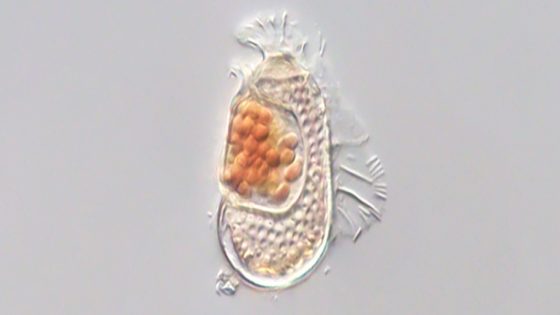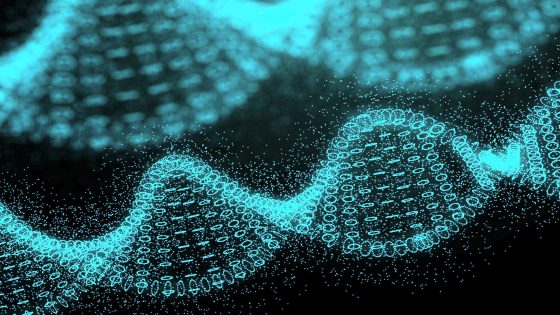A groundbreaking discovery in microbiology has unveiled a unique organism, Sukunaarchaeum mirabile, that challenges our understanding of life. This tiny plankton harbors a cell that exhibits a virus-like existence, blurring the lines between living entities and inanimate matter. On June 25, 2025, researchers from Dalhousie University reported their findings, revealing a new perspective on what it means to be alive.
- Discovery of Sukunaarchaeum mirabile challenges life definitions.
- Organism exhibits virus-like existence and behavior.
- Minimal DNA suggests extreme metabolic dependence.
- Shares genes with archaea, indicating evolutionary links.
- Can replicate but not sustain itself independently.
- Research pending peer review on bioRxiv.
While traditionally, the distinction between life and viruses has been contentious, Sukunaarchaeum’s extreme specialization raises intriguing questions. With only 238,000 base pairs of DNA, it relies heavily on its plankton host for biological functions, akin to viruses. Yet, it retains some cellular capabilities, making it a fascinating subject for further exploration.
This discovery prompts US to reconsider the criteria for defining life. How do we categorize entities that exhibit features of both cells and viruses? The findings suggest that Sukunaarchaeum represents a transitional form, raising questions about metabolic dependence and evolutionary pathways. Key points include:
- Sukunaarchaeum has minimal metabolic functions, relying on its host.
- It retains genes for DNA replication, a trait not found in viruses.
- This organism may redefine our understanding of cellular life.
As research continues, the implications of this finding could reshape our understanding of life’s complexity. Scientists are encouraged to explore these boundaries further, paving the way for new discoveries in microbiology.

































